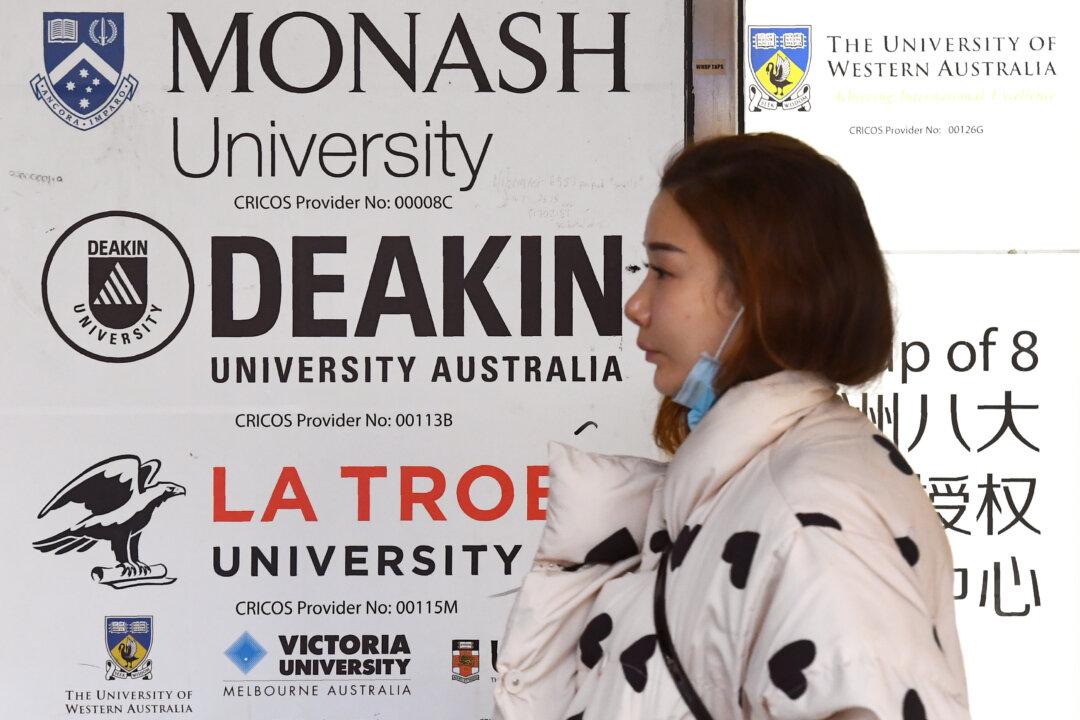The Chinese Communist Party (CCP) has extended its “racism” row with Australia issuing warnings of “multiple incidents” of racial discrimination against Asian students during the CCP virus pandemic. The accusation comes as the Chinese regime attempts to leverage recent race riots to divert global attention away from its political moves related to Hong Kong.
On June 9, the CCP’s Ministry of Education issued a warning to Chinese international students that Asians in Australia were experiencing “multiple incidents” of discrimination.





